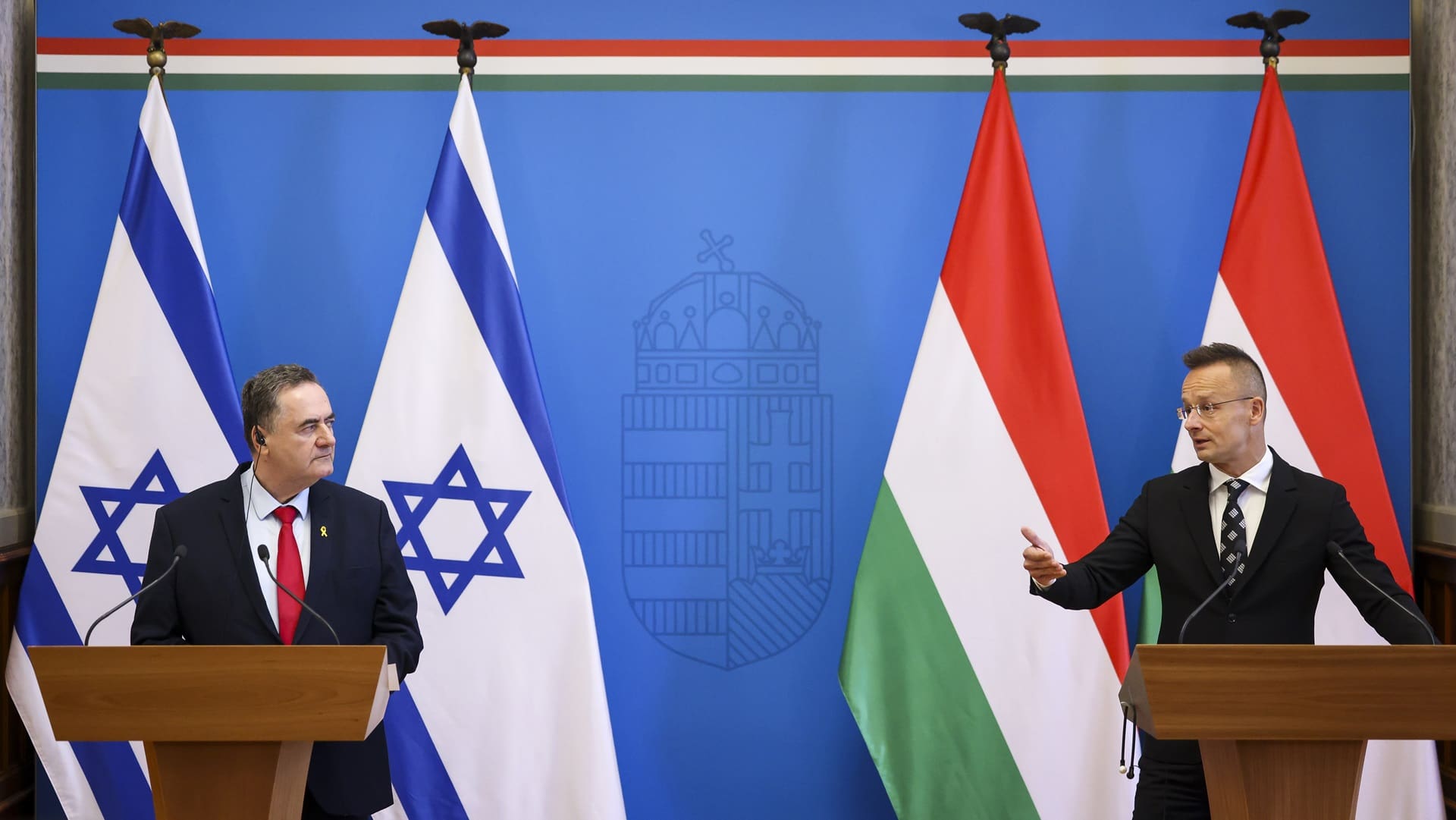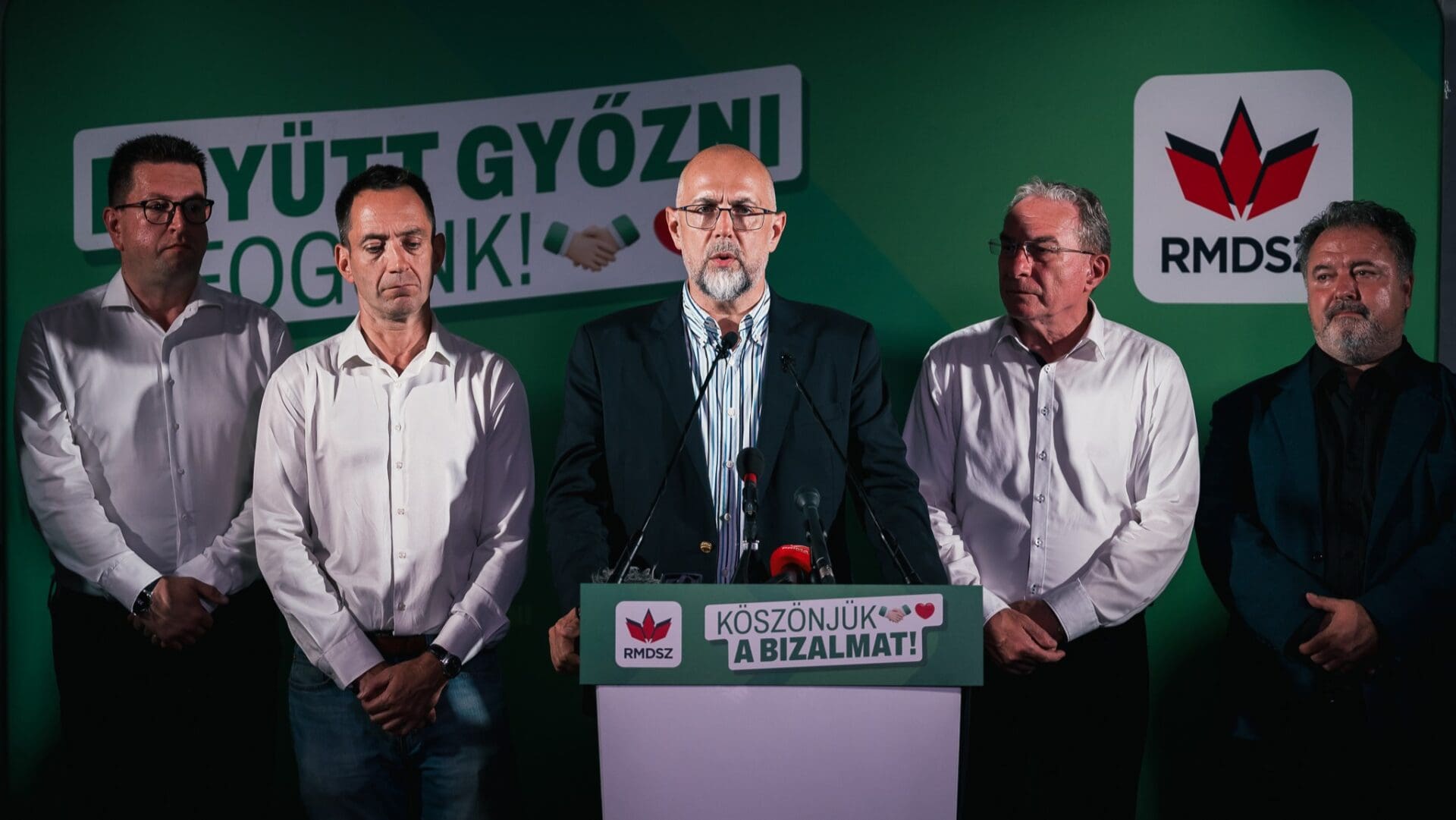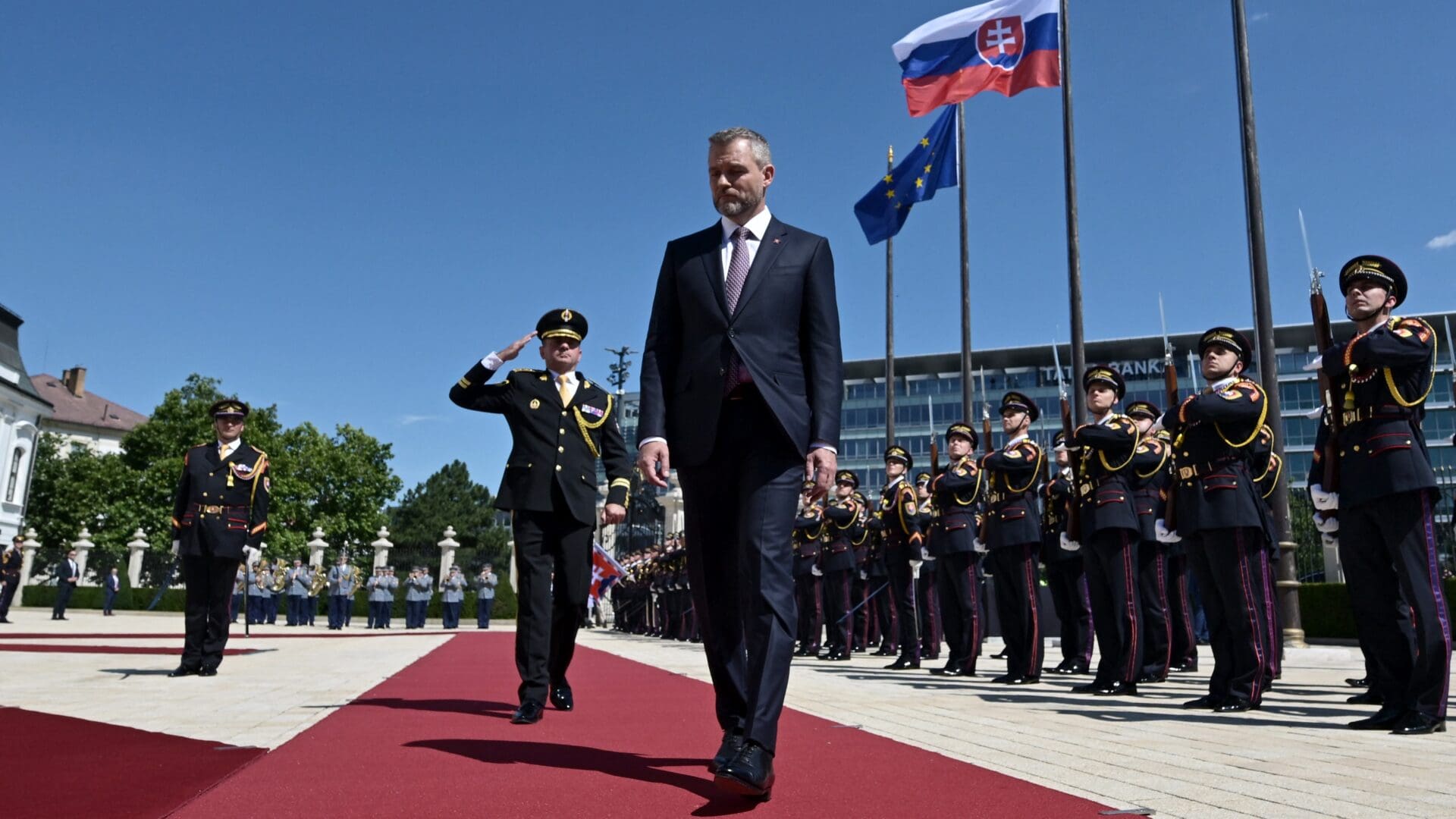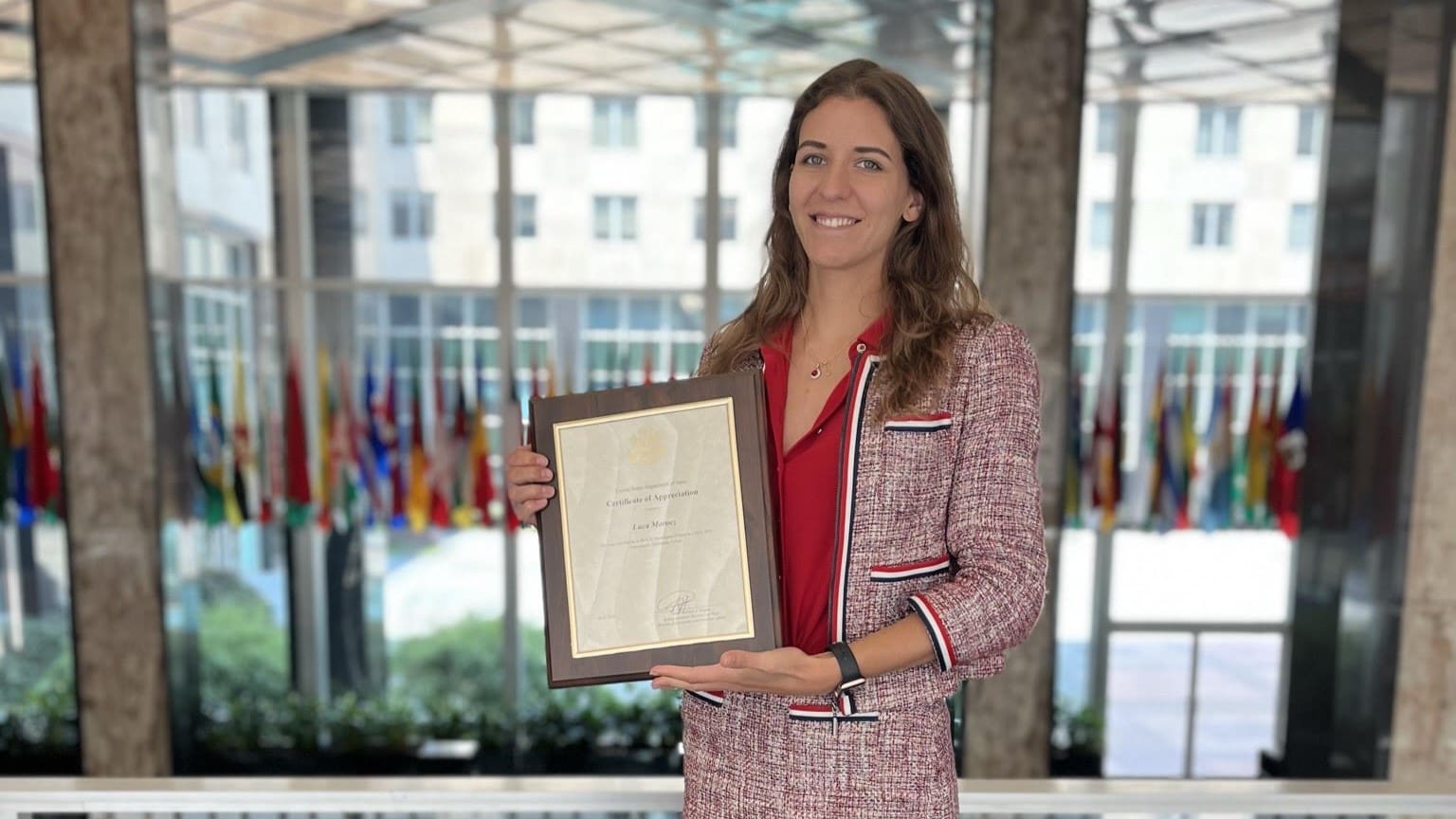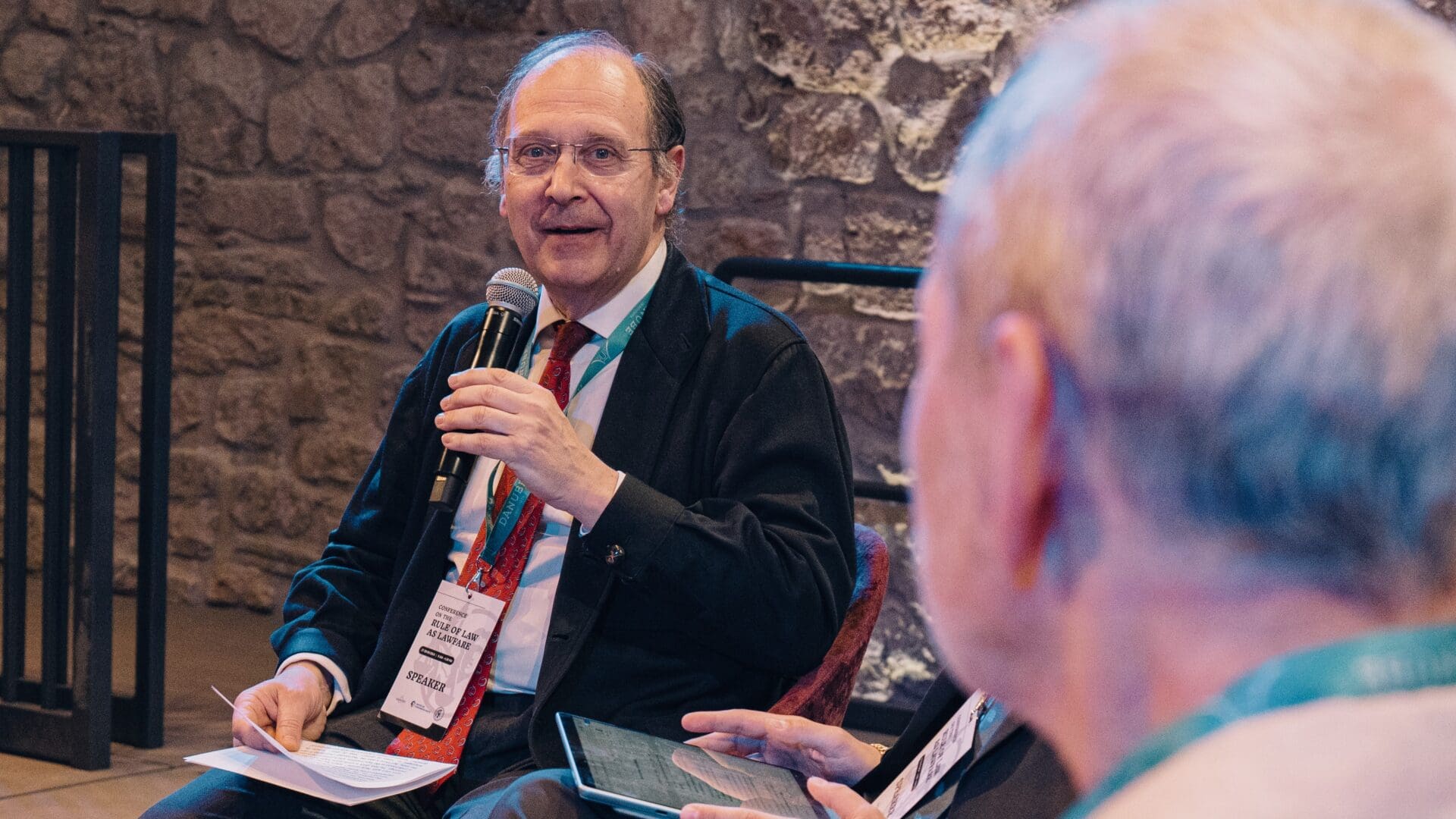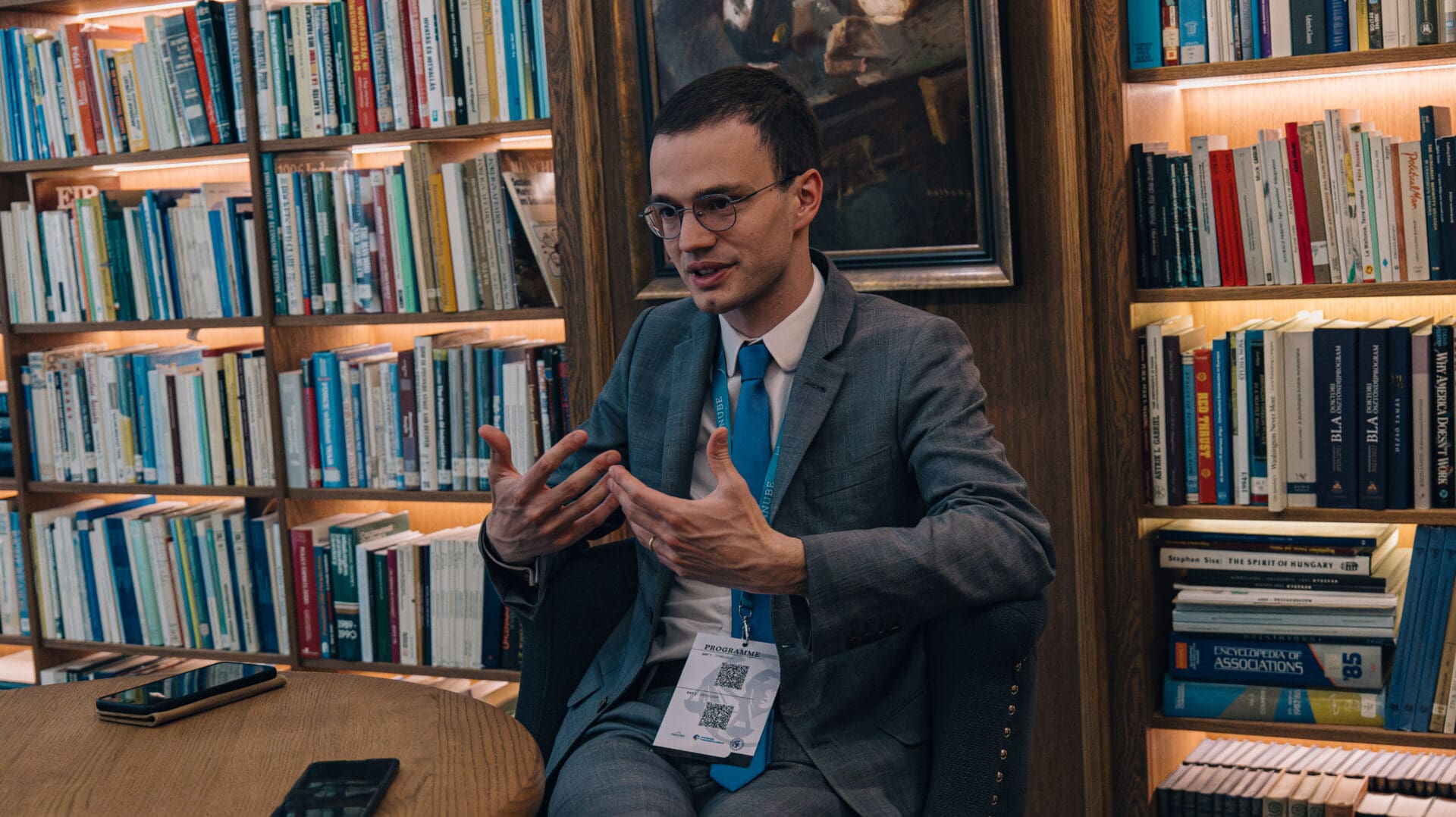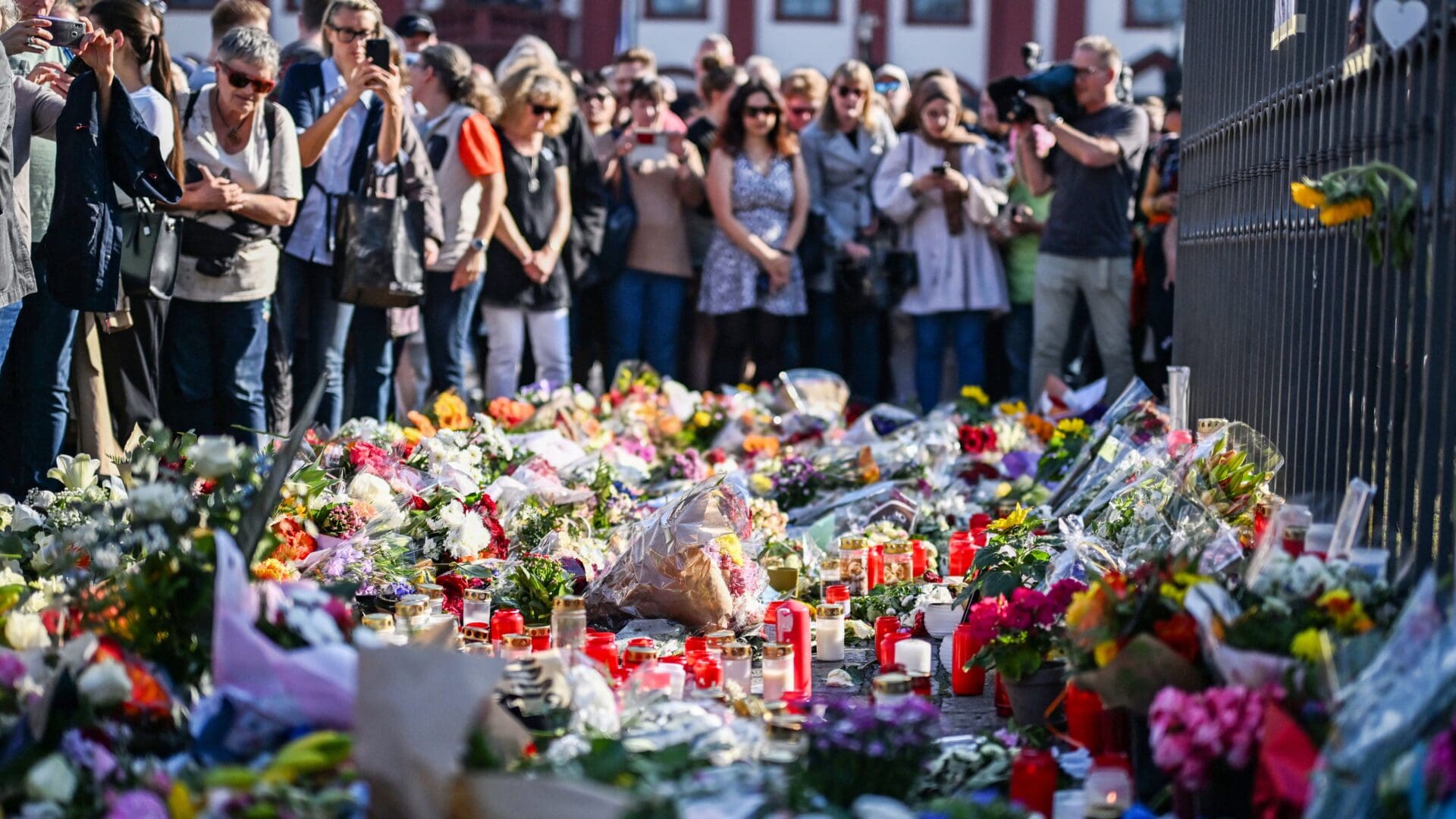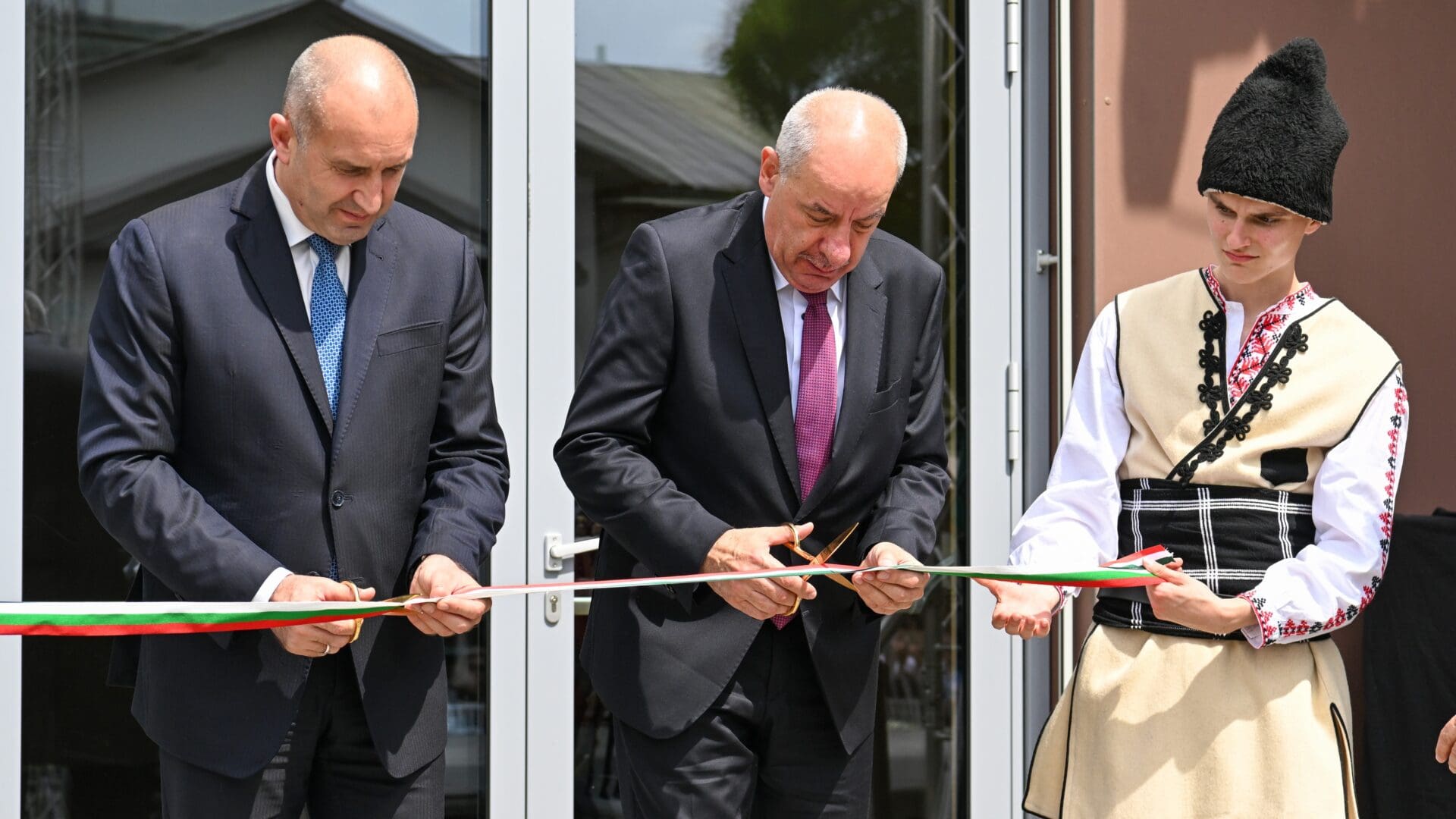
Bulgaria Continues to Be a Reliable Gas Transit Country for Hungary
On 27 May 2024 the Bulgarian President paid a visit to the Hungarian capital to meet with the President of Hungary, Tamás Sulyok, and Hungarian Prime Minister Viktor Orbán. These meetings have resulted in the commitment of both sides to develop economic and cultural cooperation, keep the current arrangement in natural gas transit from Bulgaria, and the support for the Hungarian agenda for its upcoming presidency over the Council of the European Union.

